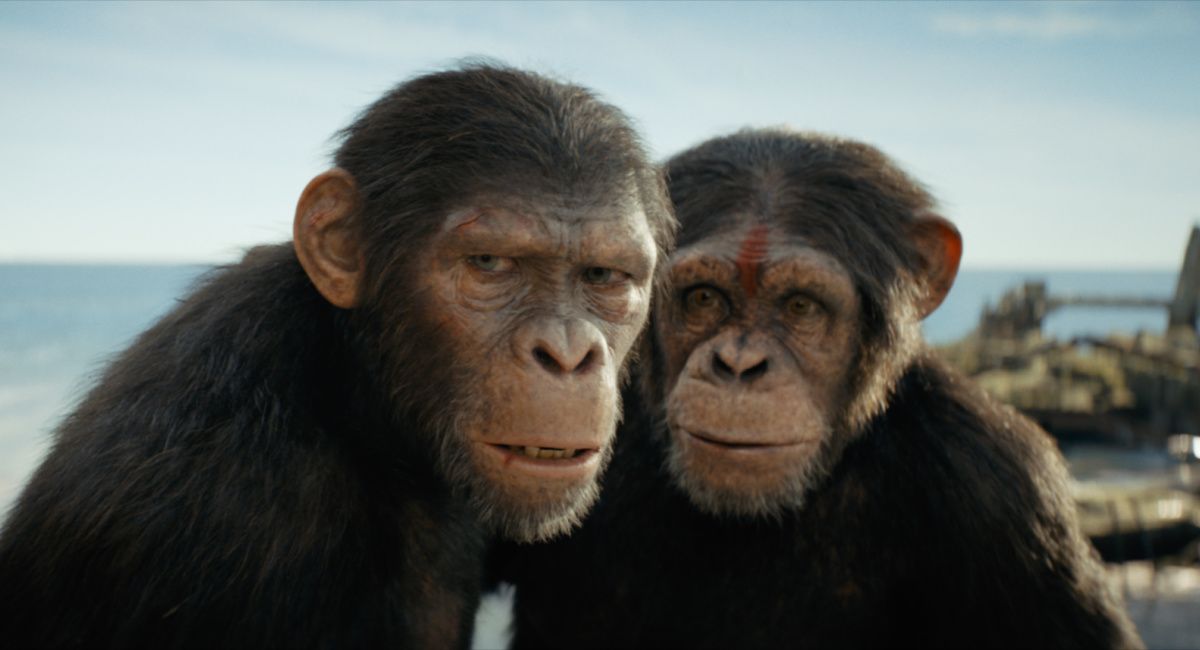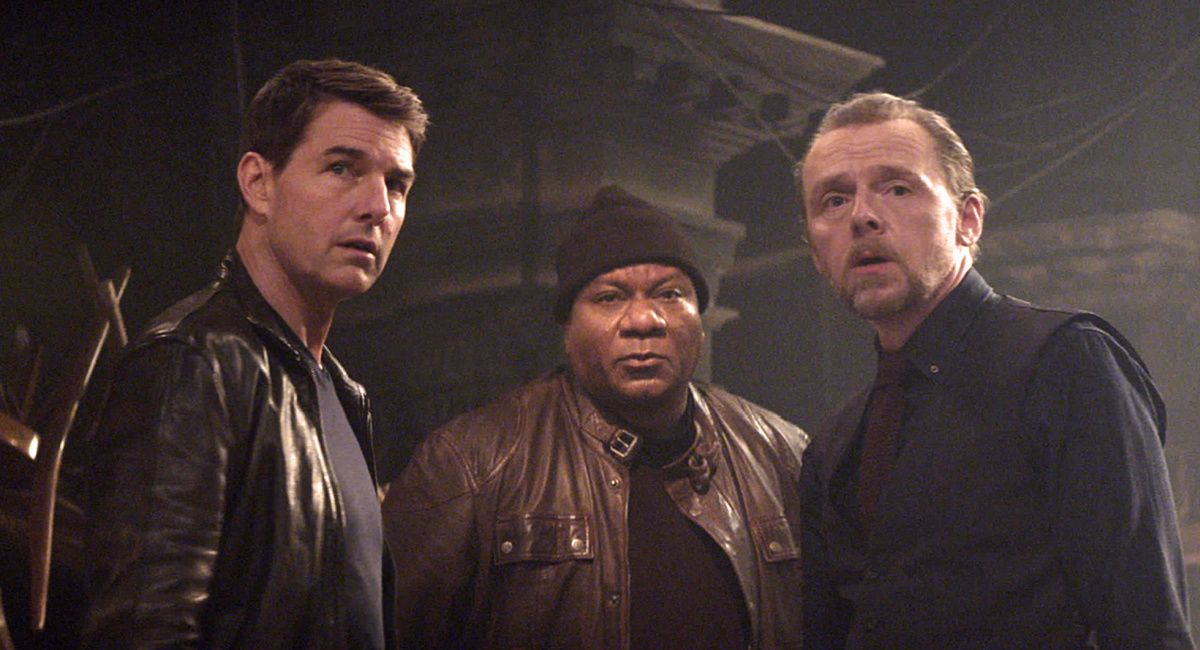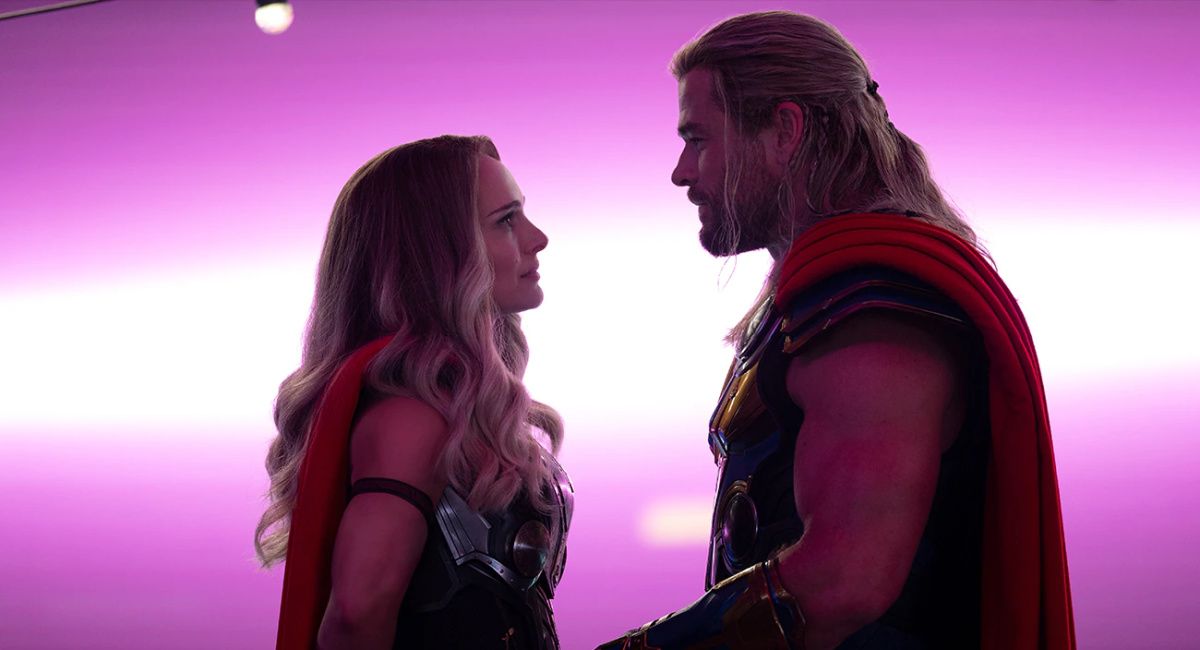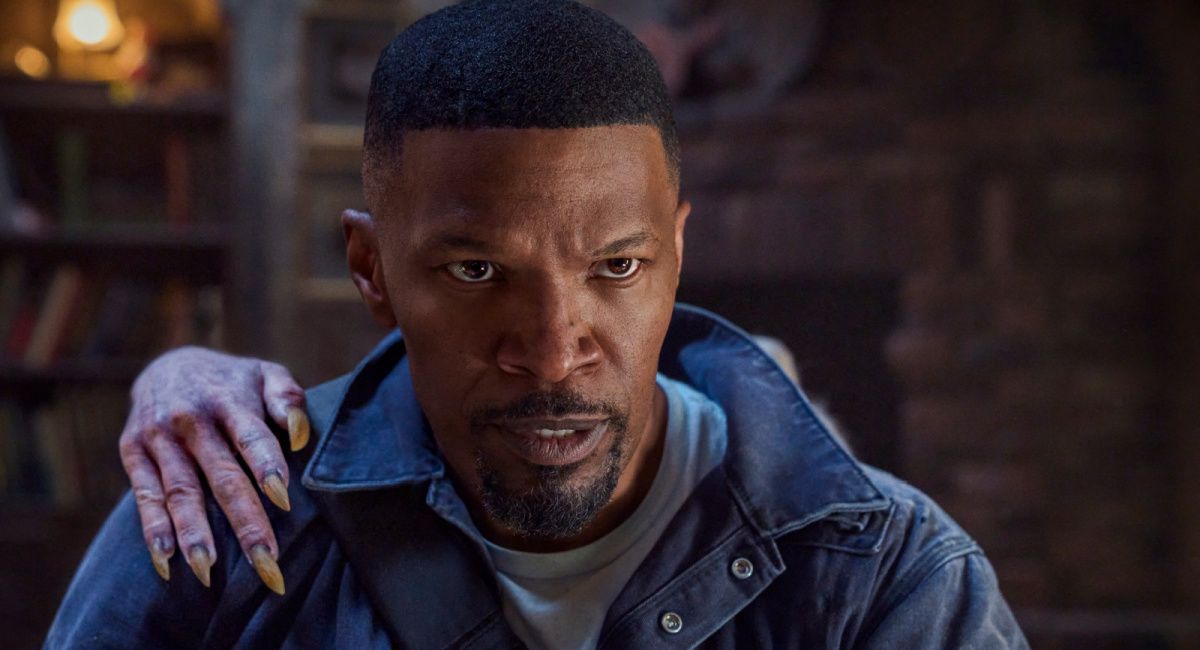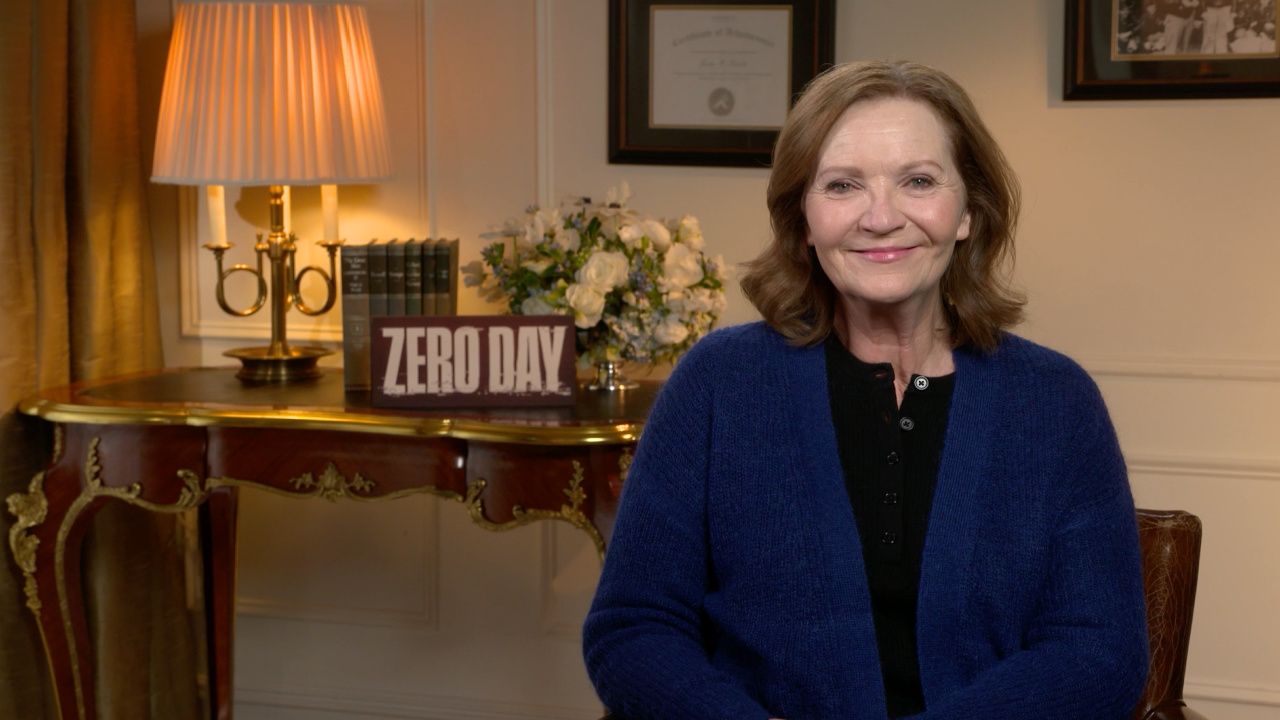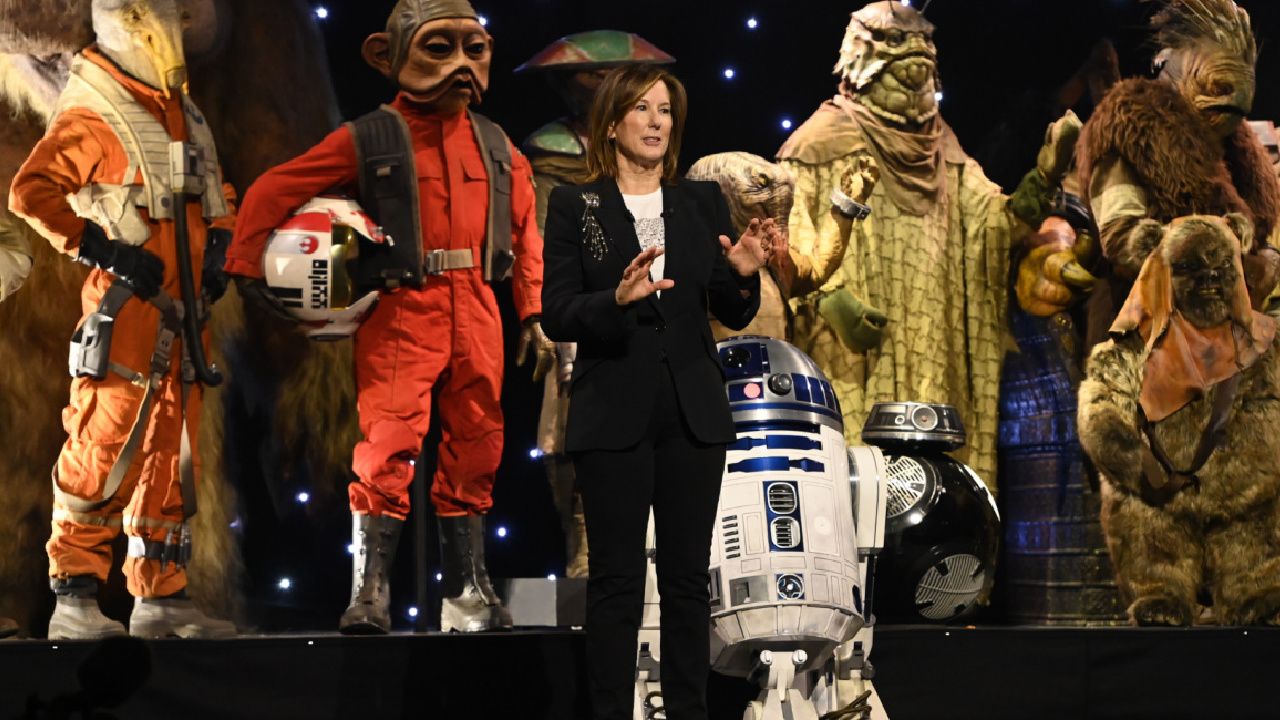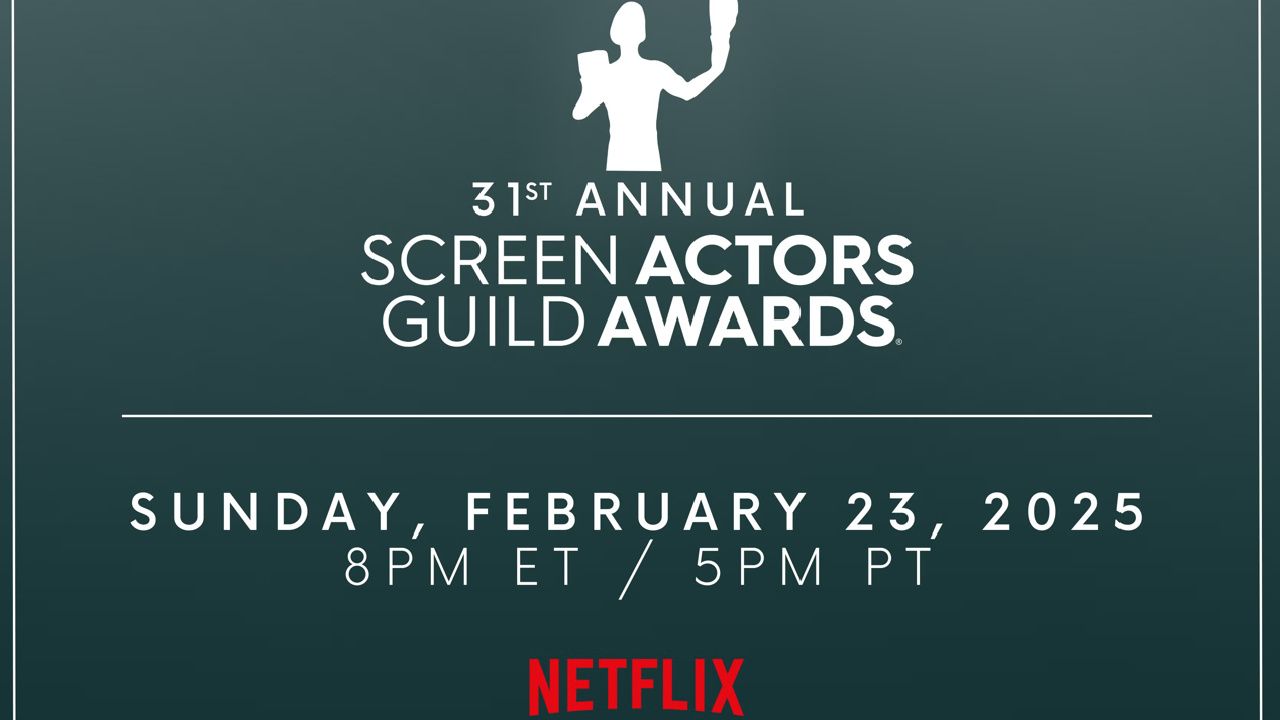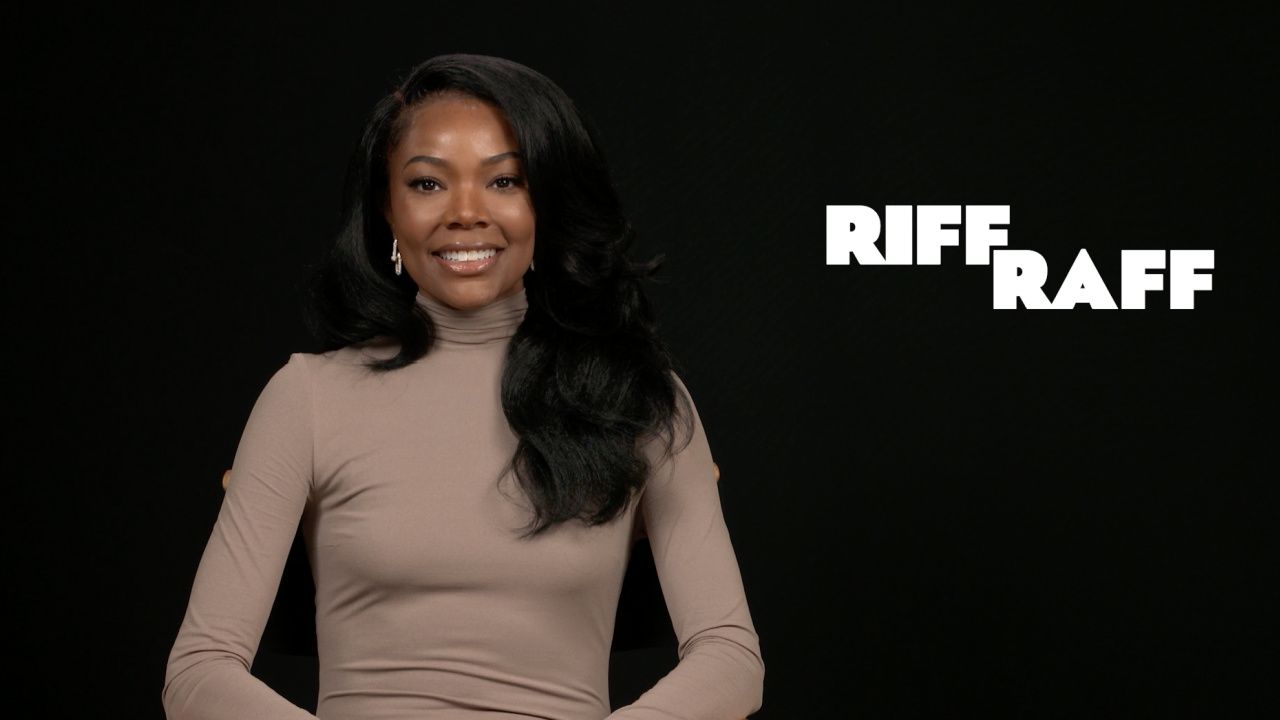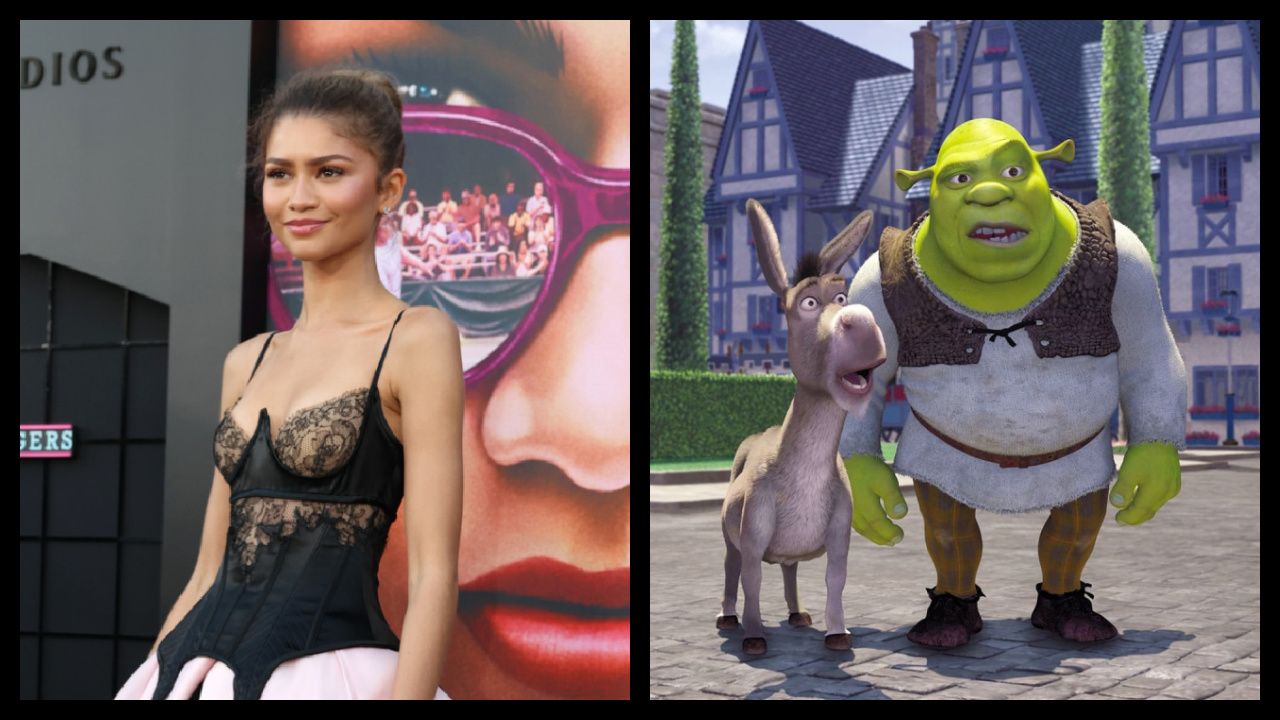Summer 2017 Box Office Winners and Losers
There was actually some good news this weekend at the box office. Animated ballerina tale "Leap!" vaulted slightly above its very low pre-release expectations and debuted in third place with an estimated $5.0 million. And... uh... that's about it for the good news.
Otherwise, this was a spectacularly horrible weekend, ending the worst box office summer in a decade with the worst total take in 16 years. According to estimates, the entire slate of weekend movies generated just $64.4 million, the lowest figure since the weekend of September 21-23, 2001, right after the 9/11 attacks.
There's a lot of finger-pointing going on. You could blame the dog days of August. You could blame Hurricane Harvey, the Floyd Mayweather-Conor McGregor fight, a home pay-per-view event so big that it actually dwarfed most movies currently playing. In fact, the boxing match actually made the box office chart, since Fathom Events streamed the bout live in 481 theaters, where audiences paid $2.4 million to watch it and lifted it to No. 9 on the chart. You could even blame Sunday's much-anticipated "Game of Thrones" season finale.
But most of the blame goes to the studios, for releasing fare no one much cared about. Remember, last August at this time, we got "Don't Breathe," a horror movie that critics and audiences alike raved about, opening with $26.4 million. This weekend, in addition to "Leap," we got martial arts picture "Birth of the Dragon" (premiering in eighth place with an estimated $2.5 million) and Christian-themed drama "All Saints" (opening way down at No. 16 with an estimated $1.6 million).
Aside from two-week champ "The Hitman's Bodyguard," which earned an estimated $10.1 million and averaged a meh $2,976 per theater, no movie in general release averaged more than $2,000 per screen. (The Mayweather-McGregor fight, which charged $40 per ticket, drew about $5,000 per screen.)
As a result, the summer is poised to end with a domestic total take of $3.5 billion, down about 20 percent from last summer and falling below $4 billion for the first time since 2006.
The summer's sobering numbers ought to provide Hollywood with some lessons going forward, but they're not the lessons you might have expected at the beginning of May, given the surprising names among the season's winners and losers, listed below.
Winner: "Despicable Me 3"
When it didn't perform as well as the previous "Despicable"/"Minions" movies, the threequel looked like it was going to be another of this summer's victims of franchise fatigue. Even so, at summer's end, it's the only movie of the season that's approached $1 billion worldwide (its total to date is $971.7 million).
Oh, and last weekend, after two months, it finally inched past the $251.5 domestic take of the original 2010 movie (its total now stands at $254.5 million), so instead of being the lowest domestic grosser of the four-film franchise, it's now just the second-lowest.
Loser: Animation
Cartoons used to be considered a way to mint money by bringing excited kids and their parents into theaters. Even last August's "Sausage Party," a throwaway lark made strictly for adults, was an animated hit. Yet this summer, aside from "Despicable Me 3," was a dismal season for animated features, with only modest takes for "Captain Underpants: The First Epic Movie" and "The Emoji Movie", and weak results for "The Nut Job 2: Nutty by Nature," and now, "Leap!"
Even the mighty Pixar struck out with "Cars 3," whose take of $149.1 million is a disappointment by the Disney cartoon brand's usual standards. (It looks like less of a mess if you think of "Cars 3" as a very expensive infomercial for "Cars" toys, which have reportedly racked up billions of dollars in sales.)
Winner: Comic Book Movies (Duh)
The only franchise films that seemed exempt from sequelitis this summer were the ones based on familiar DC and Marvel characters. Audiences had no reluctance getting off their living room couches to go see "Guardians of the Galaxy Vol. 2," "Spider-Man: Homecoming," and especially "Wonder Woman," currently the summer's top domestic grosser, with $406.2 million and counting.
Loser: Non-Comic Book Franchise Movies
Franchise underperformers included not just long-in-the-tooth franchises, like "Pirates of the Caribbean," "Alien," "Planet of the Apes," and "Transformers," but also attempts at new franchises, like Warner Bros. "King Arthur," Paramount's "Baywatch," and Universal's "Dark Tower" and the "Dark Universe" monsterverse (kicked off by Tom Cruise's underwhelming "The Mummy").
It was common to cite franchise fatigue as the reason viewers stayed away from such been-there-done-that films, but given how lame most of these offerings were, it was really just bad-movie fatigue. (Lone exception: the "Conjuring" horror franchise, whose fourth installment, "Annabelle: Creation," was in second place this weekend with an estimated $7.4 million, for a three-week total of $77.9 million.)
Winner: Rotten Tomatoes
Studios complained all summer that the movie review aggregator was costing them sales, especially when low scores ran alongside the point of purchase at Fandango. Indeed, there was some research suggesting that low RT scores do add negativity to social media chatter about poorly-reviewed movies. But evidence that RT actually hurts sales was meager, and high RT scores don't boost sales; witness last weekend's results, when the low-scoring "Hitman's Bodyguard" opened at No. 1, while the well-reviewed "Logan Lucky" tanked. And an 89 percent fresh score certainly didn't help "All Saints" this weekend.
Nonetheless, RT lands in the winner's column because Hollywood's outsized perception of its influence means the site has some real power it could wield, at least in the short term.
Loser: Original Films
The flip side of the franchise-fatigue claim suggests that audiences yearn to see fresh material that they haven't seen in earlier movies, TV shows, or comic books. But this summer's slate didn't bear that out. Aside from a few exceptions -- like "Dunkirk," "Baby Driver," "The Big Sick," and "Girls Trip" -- movies based on original screenplays fared poorly. (A moment of silence, please, for "It Comes at Night," "Wish Upon," "Meagan Leavey," "Detroit," and "Logan Lucky.")
Especially weak were R-rated original comedies -- like "Snatched," "Rough Night," "The House"), which had seemed like low-cost, surefire summer hits since "The Hangover" started the trend back in 2009. Again, it may just be that this summer's original movies weren't very good, except for the handful of crowd-pleasers noted above.
Winner: Women
Besides being the biggest movie of the summer, "Wonder Woman" directed lots of attention toward Hollywood's gender imbalance, both on the screen and behind the camera. Indeed, the studios tend to dismiss smash movies with female protagonists as flukes, but there were a lot of female-fronted movies this summer that did well, including "47 Meters Down," "Girls Trip," and "Annabelle: Creation," as well as modest hits "Everything, Everything," "Atomic Blonde" and "Kidnap."
Add to these films such earlier 2017 successes as "Hidden Figures" and "Beauty and the Beast" (2017's top earner so far, with $504.0 million) and you have to ask: How many such movies need to come out before they stop being called flukes and start being considered a trend?
Loser: Foreign Sales
Hollywood doesn't care that you haven't liked too many of its recent releases, since it counts on overseas viewers to transform domestic flops into worldwide hits. That strategy worked for a long time, up through this spring. This summer, however, even franchises that typically made most of their money abroad, including "Pirates" and "Transformers," finally saw the overseas wells start to dry up. And there are signs Hollywood is starting to rethink its dependence on China, since that country's cinemas return only 25 percent of ticket proceeds, much lower than most countries, to American distributors.
So it might be worthwhile for Hollywood to start making movies again that American viewers like, since it's clear now that the studios can't rely forever on foreign audiences to have more forgiving standards.

The Hitman's Bodyguard












